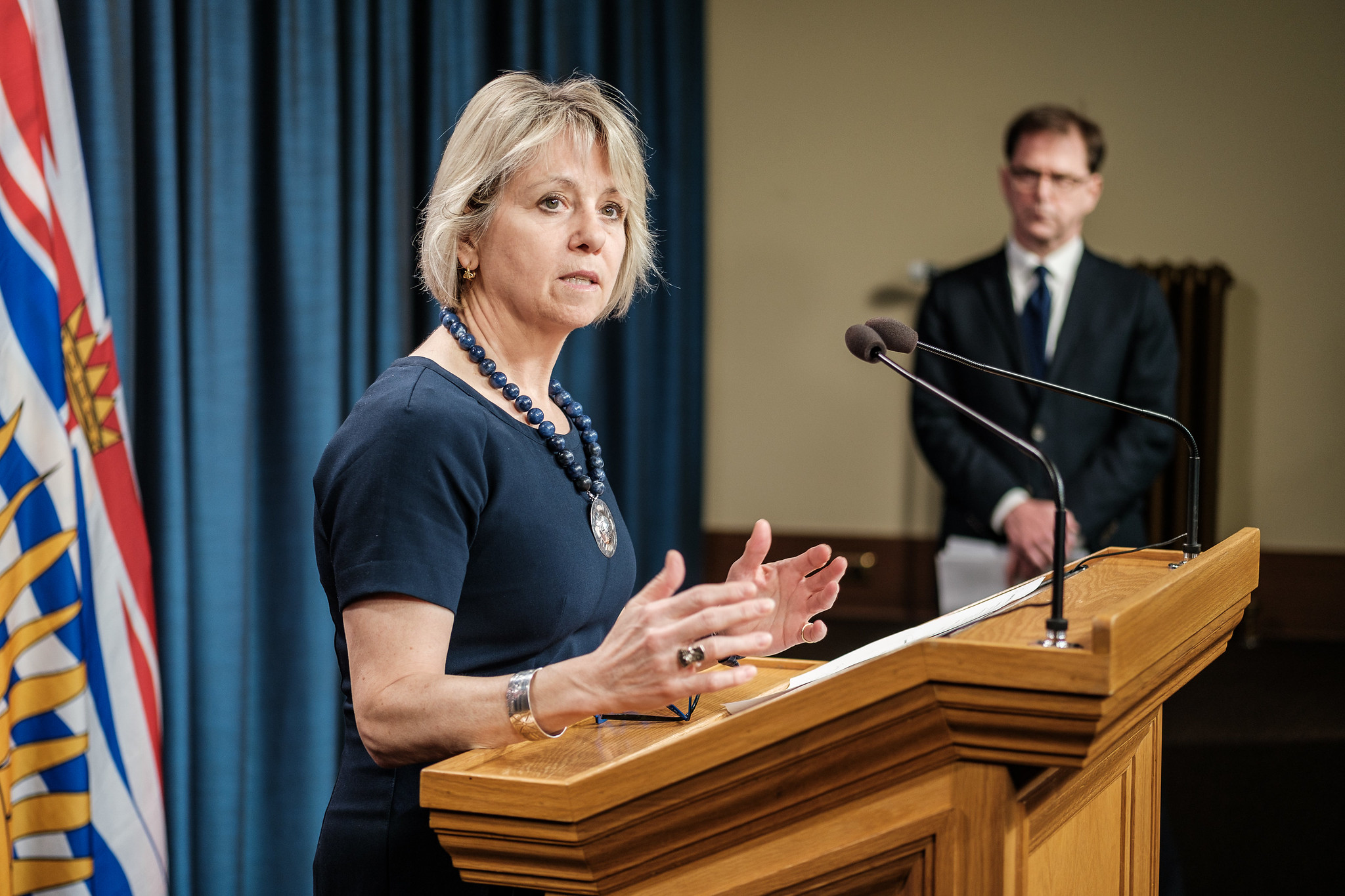Article
Adelaide Sinclair
Adelaide Sinclair, OC, OBE, naval officer and public servant (born 16 January 1900 in Toronto, ON; died 19 November 1982 in Ottawa, ON). Adelaide Sinclair was the first Canadian director of the Women’s Royal Canadian Naval Service (1943–46). Following the Second World War, she became Canada’s delegate to UNICEF. She was UNICEF’s deputy executive director of programs from 1957 to 1967.










